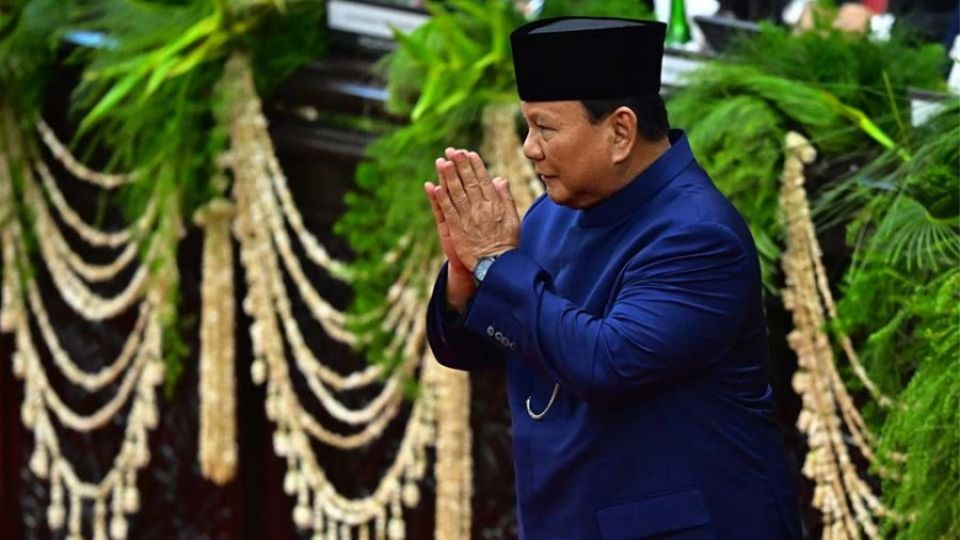October 22, 2024
JAKARTA – After three presidential campaigns spanning more than a decade, Prabowo Subianto has finally reached the pinnacle of power.
For many Indonesians, his ascension to the presidency is a significant political moment, one that caps a long and dramatic journey.
Once branded as a fiery agent of former president Soeharto’s authoritarian regime, Prabowo has reinvented himself over the years, evolving into a seasoned politician with a loyal following.
His victory in February’s election may have been boosted by the tacit endorsement of outgoing president Joko “Jokowi” Widodo, whose son Gibran Rakabuming Raka is now Prabowo’s vice president, but it was Prabowo’s own patience, vast resources and talent for populist oratory that kept him in the game.
As he takes up the reins of government, Prabowo is faced with the daunting task of leading a nation grappling with a complex legacy.
Widely admired for his hands-on leadership, Jokowi leaves behind a mixed track record of economic growth paired with widespread patronage.
This dual legacy presents both an opportunity and a challenge for Prabowo as he seeks to chart a new course for Indonesia’s future.
While Jokowi’s infrastructure boom transformed much of the nation, his administration left behind troubling political precedents that have come to define his tenure. Some may wonder how Prabowo will navigate these entrenched networks while carving out his own place in history.
Observers, therefore, approach Prabowo’s presidency with a sense of cautious optimism. His plans for rapid development and self-sufficiency, particularly in food and energy, are admirable.
However, his promise to deliver 8-percent economic growth is an ambitious target that will undoubtedly require immense state resources.
Experts have already pointed out that achieving such growth levels could force him to make unpopular decisions, not only for the public but also for the coalition he has assembled. His large, likely bloated, cabinet may serve to maintain political harmony, but it also risks inflating costs and inefficiency.
Every new leader seeks to make their mark, and Prabowo has hinted that his leadership may diverge from Jokowi’s in key ways. Yet, while some degree of change is expected, there is concern about how far Prabowo might go.
His leadership style, shaped by his military background, leaves some worried that democratic norms could be sidelined. The irony is not lost on those who recall his role under Soeharto’s New Order regime, nor his recent quip that democracy is “messy” and “tiring”.
Still, Prabowo’s call for unity and his pledge to govern for all Indonesians, not just those who voted for him, is encouraging.
He has spoken at length about eliminating corruption, improving governance and securing Indonesia’s place as a global leader. His rhetoric on food and energy self-sufficiency signals a desire to reduce Indonesia’s dependence on foreign markets, a stance that resonates with the nation’s growing sense of nationalism.
Yet, as Prabowo moves forward with these goals, it is vital that he does so without altering the democratic principles that underpin many countries’ political systems.
As former United States president Woodrow Wilson once opined, when governments begin adding qualifiers to democracy, they risk distorting its meaning. Indonesia’s success as a democratic nation lies in its commitment to electoral integrity, freedom of speech and political accountability. As Prabowo embarks on his presidency, these are the values we hope he will uphold.
We wish Prabowo and his government well as they take on the immense responsibility of steering Indonesia toward a more prosperous future. But in doing so, we remain watchful, hoping that the retired Army general will govern with the wisdom to balance ambition with democratic integrity.
Indonesia has enormous potential, but realizing it will require leadership that is bold yet mindful of the principles that define a true democracy.


